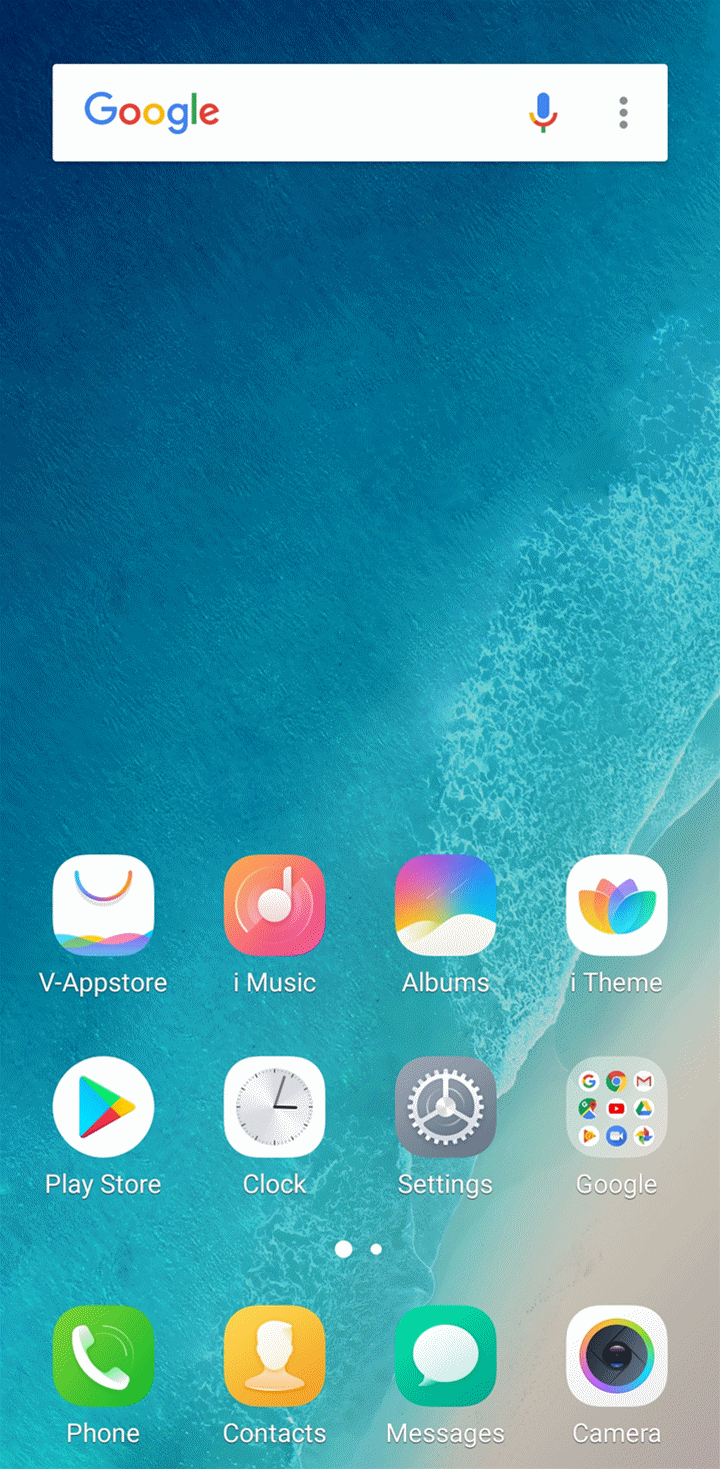
Microsoft's criteria for designating a program as a potentially unwanted application is listed below:Īdvertising software: Software that displays advertisements or promotions, or prompts you to complete surveys for other products or services in software other than itself. These programs range from browser extensions, adware, programs that send usage data without permission, Windows system cleaners and antivirus programs that use false positives, and programs that do not provide promised functionality. They are usually created by legitimate legal entities who skirt the boundaries of what would be considered "respectable" software, and in most cases, perform unwanted behavior on a computer. Potentially unwanted applications, otherwise known as PUAs or PUPs, are not quite malware but pretty close. What are potentially unwanted applications? With Microsoft automatically blocking PUAs, it could encourage the security industry to do a better job at blocking these unwanted applications. However, due to legal concerns, many companies do not block them automatically or ignore them. This cchange to automatic blocking is beneficial for all users of Microsoft Defender as BleepingComputer has found over the years that programs marked as PUAs or PUPs should be classified as malware as they perform malicious behavior on a computer.


When enabled, SmartScreen will block PUAs and PUPs as they are downloaded. The 'Block downloads' will control whether the 'Block potentially unwanted apps' setting is enabled in the new Microsoft Edge browser. The 'Block Apps' option will enable Microsoft Defender's built-in PUA scanning and blocking feature. Windows Security Potentially unwanted app blocking setting Windows 10 users who do not wish to block PUAs by default can turn the feature off by opening the Windows Security setting screen, clicking on App & browser control, and selecting Reputation-based protection settings.Īt the Reputation-based protection settings screen, you can disable the ' Potentially unwanted app blocking' setting. "Starting in early August 2021 we'll begin turning it on by default to make it easier for you to keep your systems performing at their best," Microsoft announced in a short support bulletin today. Since its release, this feature has been disabled by default, but starting this month, Microsoft will begin to block PUAs when detected on a computer automatically. Starting with the Windows 10 2004, the May 2020 update, Microsoft added a new 'Potentially unwanted app blocking' setting in Windows security that causes Microsoft Defender to block these types of applications.

Microsoft Defender and Microsoft Edge on Windows 10 will automatically block potentially unwanted applications (PUAs) by default starting this month.


 0 kommentar(er)
0 kommentar(er)
